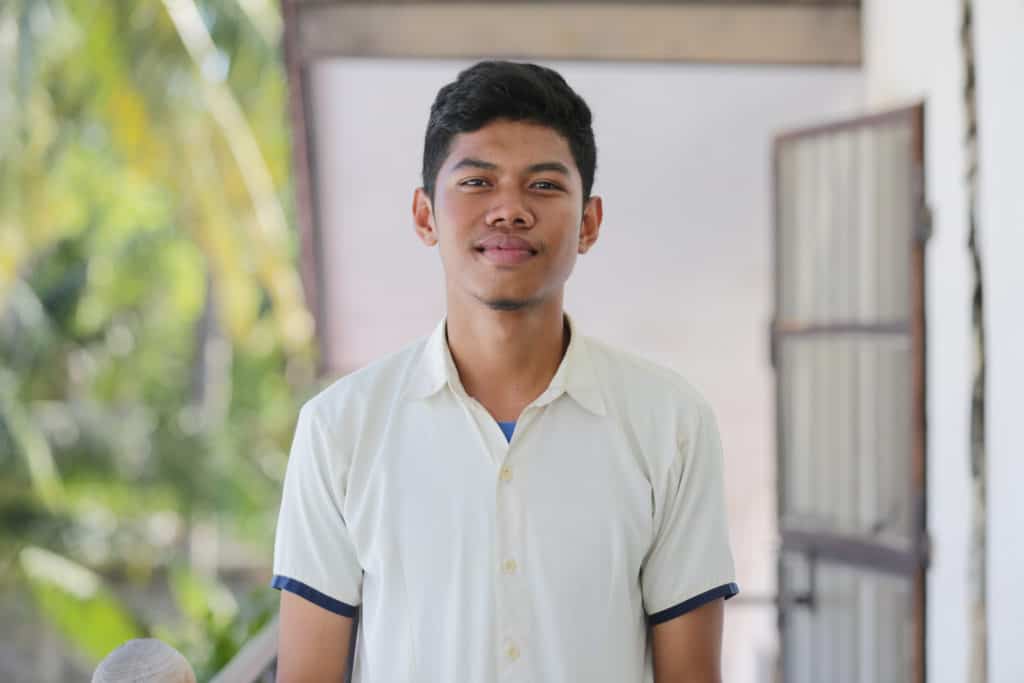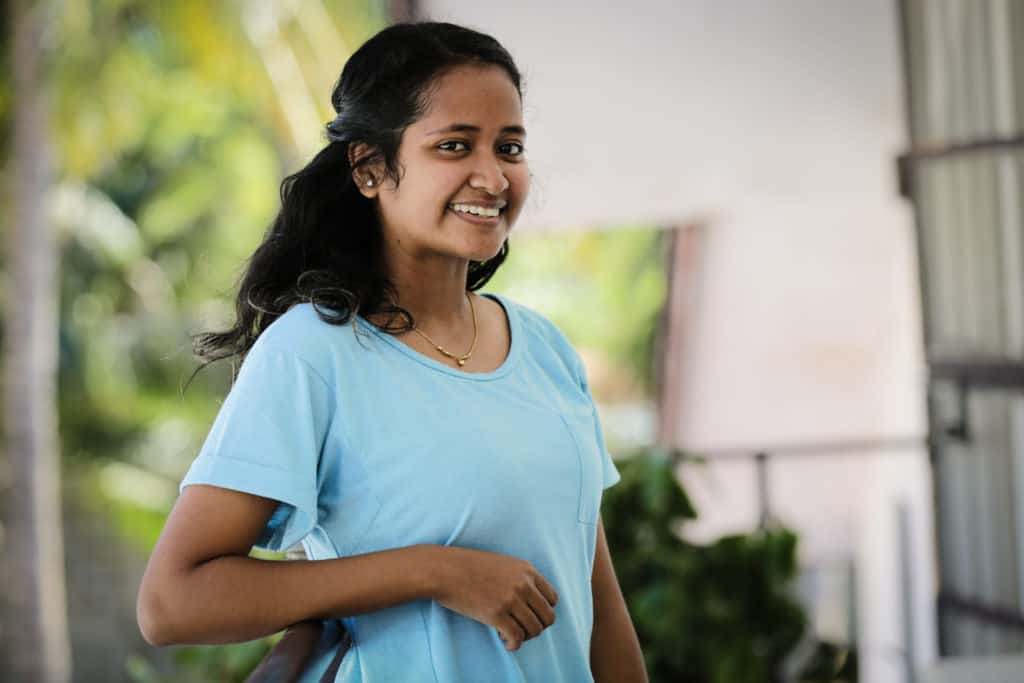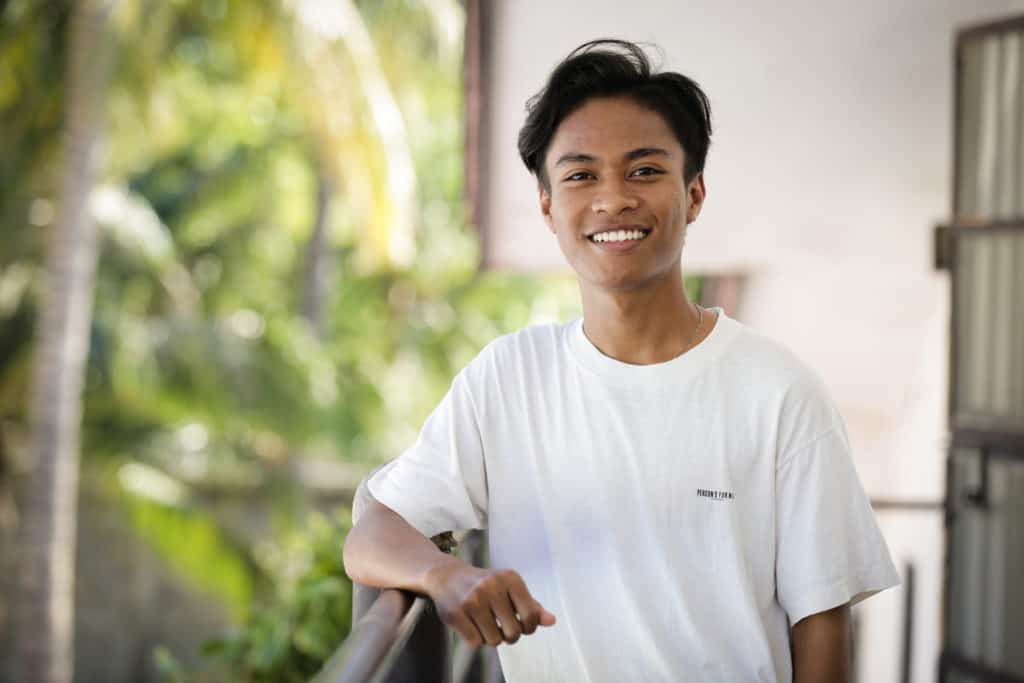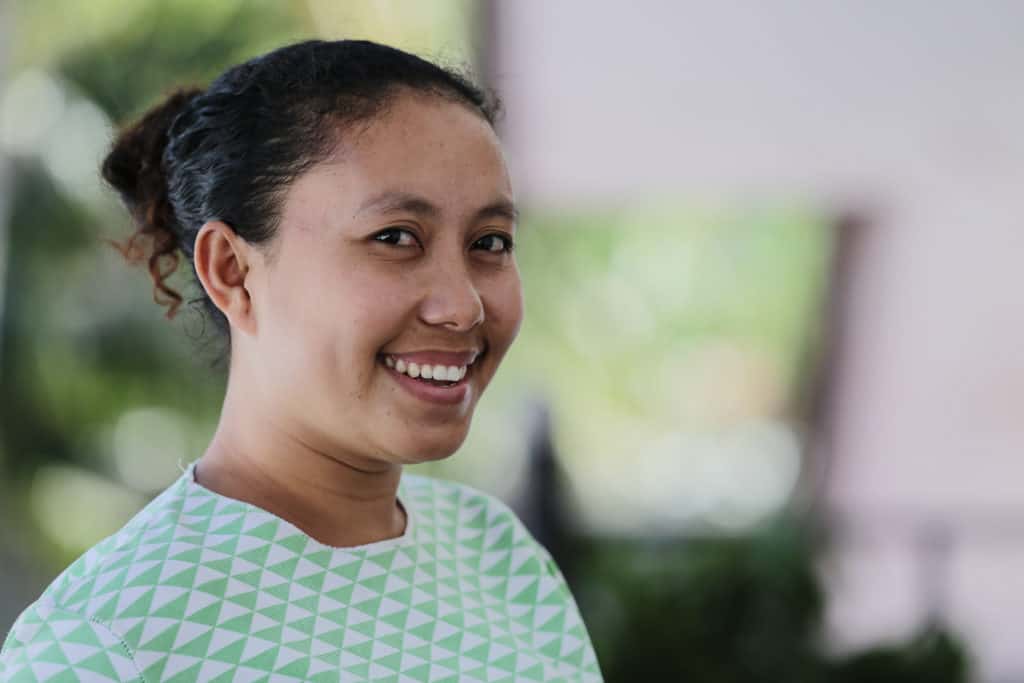This website uses cookies so that we can provide you with the best user experience possible. Cookie information is stored in your browser and performs functions such as recognizing you when you return to our website and helping our team to understand which sections of the website you find most interesting and useful.
By age 20, 33% of women in Timor-Leste have had sex, 31% are married, and 20% have given birth. Yet evidence and experience shows that Timorese youth have little knowledge and understanding of what to expect during puberty, the development of their reproductive system, and the health risks of teenage pregnancies. Young women regularly experience sexual harassment but do not know what it is called or that it is unlawful. Young women and men know little about how to care for their physical and emotional health and how to stay healthy during adolescence.
USAID’s Reinforce Basic Health Services Project, implemented by JSI, worked with colleagues in the Ministry of Health and a local youth-led NGO to design and develop an interactive adolescent reproductive health (ARH) curriculum to provide critical information for better, safer reproductive health and gender equity outcomes. Trained youth facilitators, ages 20-23, piloted the curriculum with senior high school students in Covalima Municipality in cooperation with the municipality’s health services staff.
The Ministry of Health’s strategy of collaborating with young people as co-creators and implementers of the ARH curriculum resulted in a package of creative and relevant materials and tools and an increased potential to improve and sustain adolescent health outcomes.
The sessions focus on relationships; gender and social norms; essential life skills; the human body, puberty, and reproduction; pregnancy and the risks and consequences of teen pregnancy; and sexual and reproductive health including staying healthy in adolescence.
The youth facilitators are undoubtedly a key to the high levels of student engagement due to their creative and fun methodologies and their ability to engage with the students during the educational sessions and in informal discussions. This means that the participants are comfortable asking questions and clarifying issues during and outside the sessions, which is particularly important given the sensitive nature of the materials.
Below, some of the youth facilitators reflect on their experiences.
The trainings are very empowering, youth-led activities, which give us space to share and learn from each other. I’ve been surprised to learn that many youth do not know about sexual harassment, reproductive health, gender equality, or even nutrition. I am glad to share what I know and increase others’ knowledge. – Eka, 21, Juventude ba Dezenvolvimentu Nasionál (JDN) youth facilitator

It is not easy to stand in front of people my age and provide them with information, particularly on adolescent reproductive health. Thankfully we prepare for a few months before we facilitate trainings. We have mentors and we assist at trainings first to be more confident. – Elga, 22, JDN youth facilitator

I really enjoy working with people my age. Adolescent reproductive health is one of the most important topics nowadays and youth need to know about it. I see sexual harassment everywhere and we should do something about it. I want people my age to know they should not feel shy to ask questions about these topics and that health workers are ready to respond to their concerns. – Aldo, 21, JDN youth facilitator

Youth don’t openly talk about adolescent reproductive health and most people feel shy or reluctant to talk about it. Our trainings are interactive and we use games, role plays, and even songs to help them feel at ease and comfortable to discuss these topics – and it works. – Nelfia, 23, JDN youth facilitator


